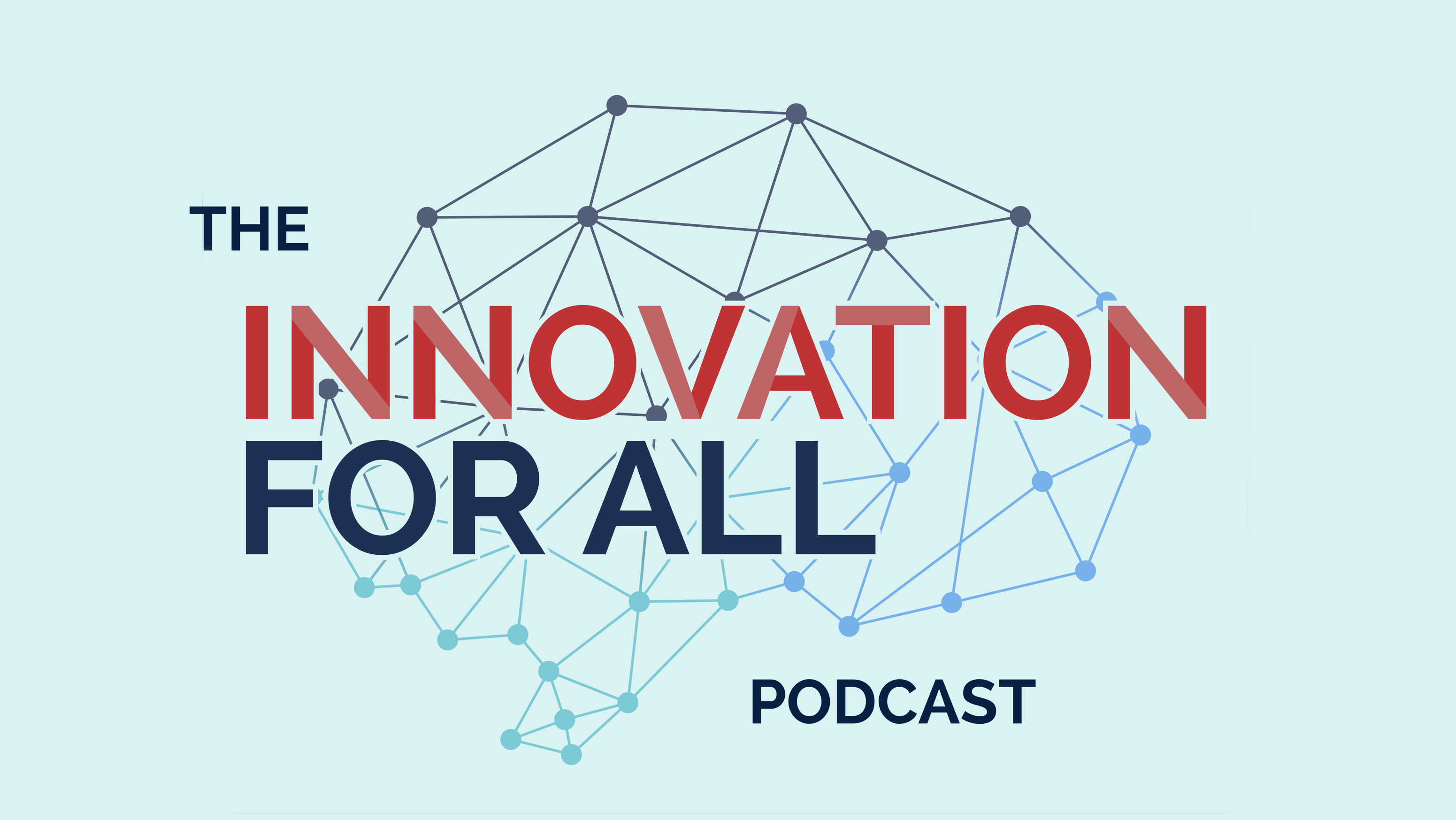
— Josh Lovejoy, Principal design manager, ethics and society at Microsoft.
AI and Machine Learning systems are quickly becoming an integral part of how we work with, understand, and socialize with each other. Although this new technology is extremely exciting and offers a new wave of technological advancement, with it comes many ethical issues concerning discrimination, undermining human emotion, breaking social contracts and more.
Sheana Ahlqvist talks to Josh Lovejoy, Principal Design Manager at Microsoft, specializing in the Ethics and Society sector. Josh believes that human-centered design thinking can change the world for the better; that by seeking to address the needs of people- especially those at the margins- in ways that respect, restore and augment their capabilities, we can invent forms of technological innovation that would have otherwise been invisible.
IN THIS EPISODE YOU’LL HEAR:
- Why do corporations want to know what people are thinking and feeling?
- Forming trust relationships using AI systems.
- What is a design ethicist?
- What kinds of things can impartial AI autonomous systems do better than humans.
- How do autonomous AI systems take advantage of consumers?
- What is predictive policing and how does it relate to AI ethics?
- What are some examples of misapplications of Machine Learning systems.
- What is a deepfake?
- What is a mean opinion score and how does it apply to voice automation?
- Josh’s opinion on how AI tools should be developed.
- What happens when you give up personal data in exchange for a more personalized experience?
- Who should have the authority to make consequential decisions about AI?
- How will AI and Machine Learning systems shape our knowledge and create change for the future?
- How do you create machine learning systems that are unbiased but still function effectively for the user?
LINKS:
OTHERS MENTIONED:
- Youtube
- Spotify
- AI
- Machine-Learning Algorithms
- Predictive Policing
- Terminator
- Deepfake
- Eric Horvitz
- Microsoft Research
- Google Duplex
- Brad Smith
- Wavenet
- Deep Mind
- Adobe
- Mean Opinion Score
- Moritz Hart
- Kate Crawford
- Stanford
- Star Trek
- Meredith Whittaker
- AI Now
- Nick Bostrom
- Super Intelligence
- Joy Buolamwini
- Google Clips
CONNECT WITH JOSH
- Connect with Josh on
- Follow Josh on
